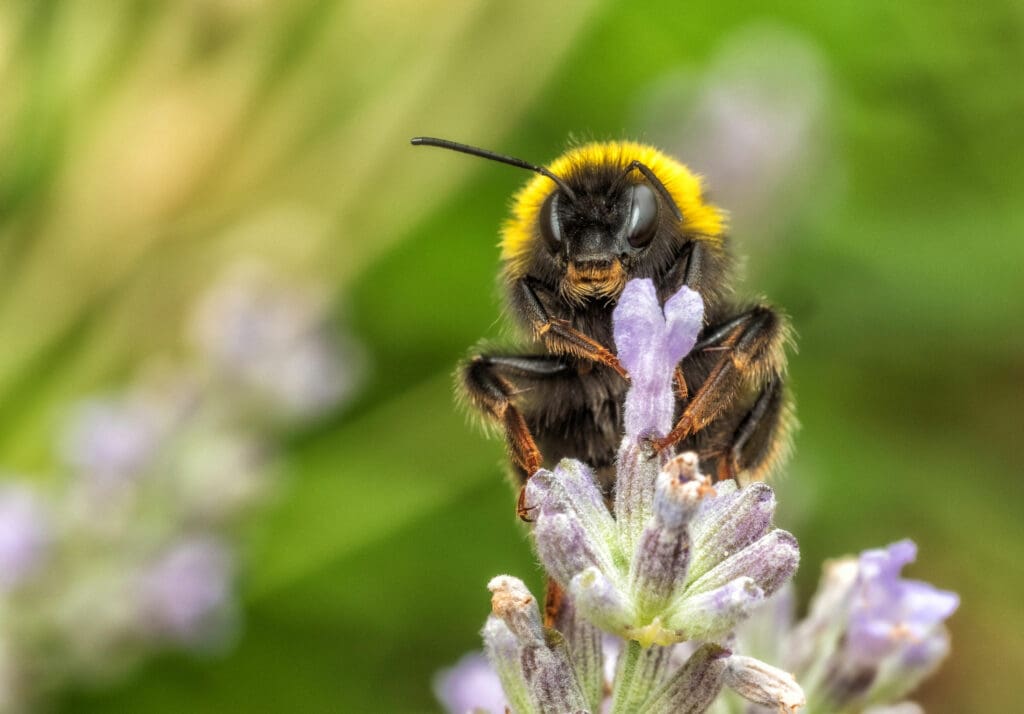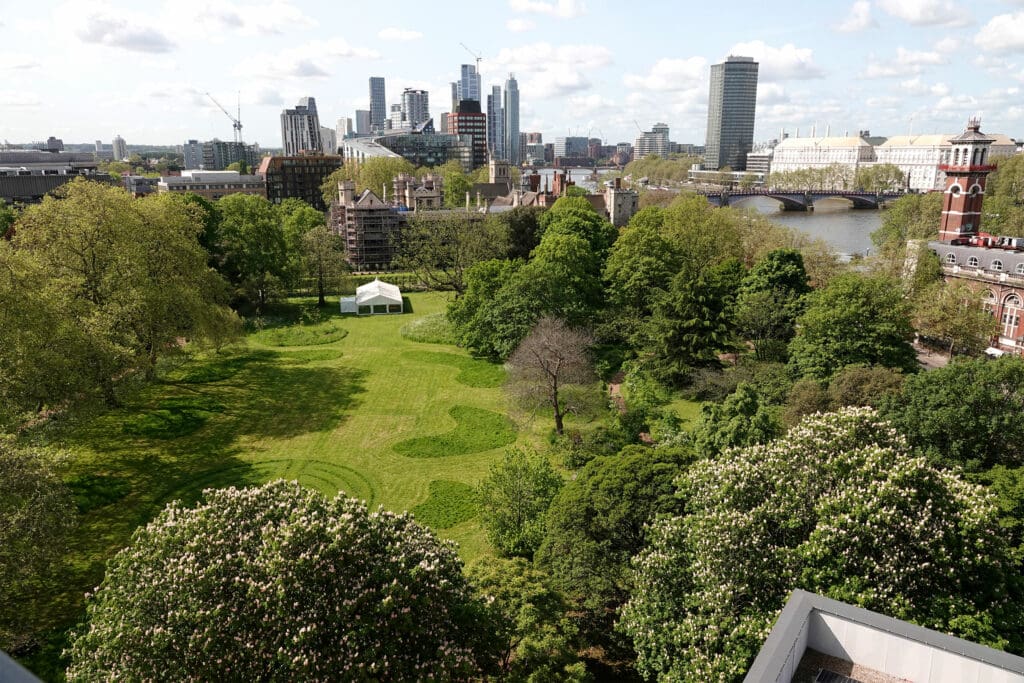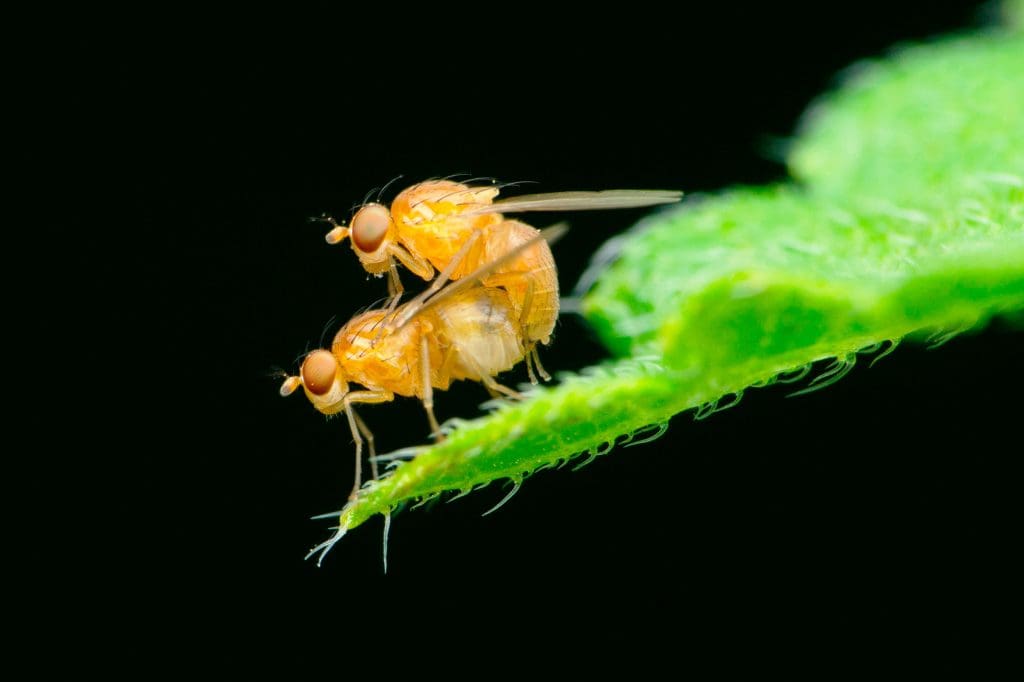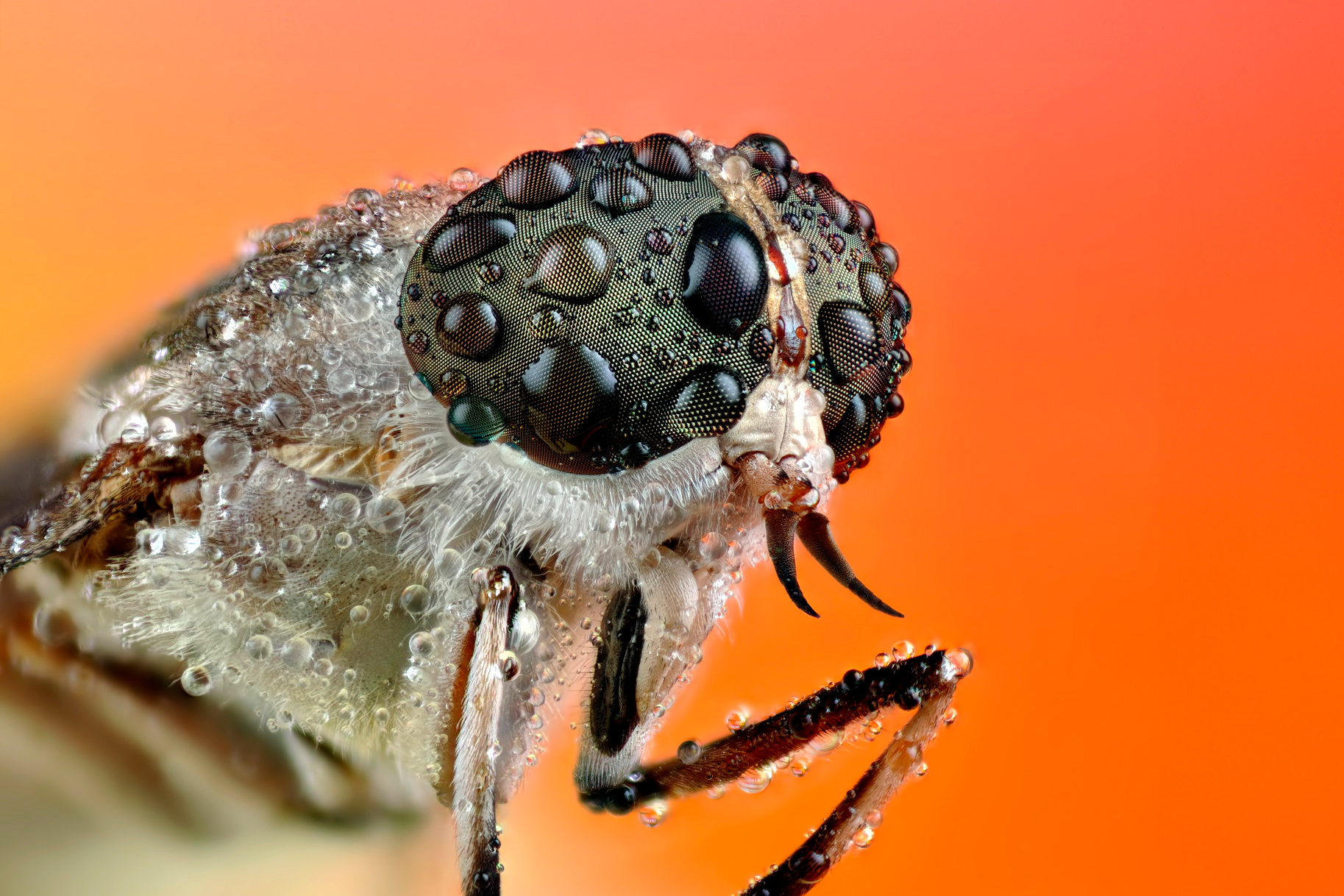The word ‘pest’ and its use has always troubled me.
The other day, I was idly staring out of my front window when I noticed a white van parked outside. Inscribed on the side was the name of the company and a proclamation intimating that they can eradicate all pests. When I researched the company online, I learned that they eradicated unwanted insect infestations as well as removing pest birds in consultation with the local council. I was slightly perturbed, as their blurb gave the impression that all beasts with six or more legs can be viewed as pests and fair game if they occur in situations where they shouldn’t and in greater number than is comfortable.
Don’t get me wrong, an infestation of cockroaches or bed bugs, or a nest of wasps, or an army of ants making themselves at home in the kitchen, can be deeply distressing. I have been there on all those counts.
But you have to ask yourself why those creatures have accumulated there in the first place. Is it a deliberate invasion?
‘Pest’ is a very human-centric word indicating a plant or animal that’s deemed detrimental to humans or human concerns. If animals could speak, I would think that they would consider us as pests. All these creatures have a role to play within the web of life.
For example, I have a particular dislike for cockroaches – they make my skin crawl. And I am also not a massive fan of mosquitoes. The sight, sound and effects of being bitten by mosquitoes are experiences shared by nearly everyone on the planet. Yet, unbelievably, the primary reason for their existence is to pollinate flowers as well as to provide ample food for many of our insectivorous birds, including the nationally declining Swift. Cockroaches are natural recyclers, eating practically everything that they come across.
Of course, not everything in nature is lovely and fluffy. Animals such as Horseflies, also so important as pollinators, do have a habit of inflicting painful bites. (However, it is hard to see what function bedbugs have in the natural world other than to suck blood.) Regardless, perhaps these are the things that we need to learn to live with. Maybe we have to take the rough with the smooth.
‘If animals could speak, I think that they would consider us as pests. All these creatures have a role to play’
We as communities can help ourselves mitigate the chances for large gatherings of these animals unduly affecting our lives. We can learn to be a lot tidier, for starters. Try not to leave food fragments lying on the floor and in other crevices; this is an open invitation to many of the insect families that I have already mentioned. If you are prone to reacting to mosquito bites, wear light-coloured clothing, wear less perfume and more repellent and try to avoid boggy areas where they are abundant.
This links me back to the bigger picture.
We need to halt the advance of climate change, which is causing mosquitoes, ticks and other ‘unsavoury critters’ to advance further north of their natal regions. We also have to encourage the growth in population of these creatures’ natural predators – the birds, bats and other animals that feed upon them.
Those solutions seem very simple. But they are proving to be the toughest test humankind has faced since the dawn of time. And we are failing. Change comes in small steps, and we can all take collective steps. This summer, as difficult as it will be, we have to try to love, or at least tolerate, the creatures that we label as bothersome. Importantly, we also need to create more habitat, no matter how small, for their predators to thrive. Let me know how you get on.
You might also like

Insects that help us

The spiritual side of nature



